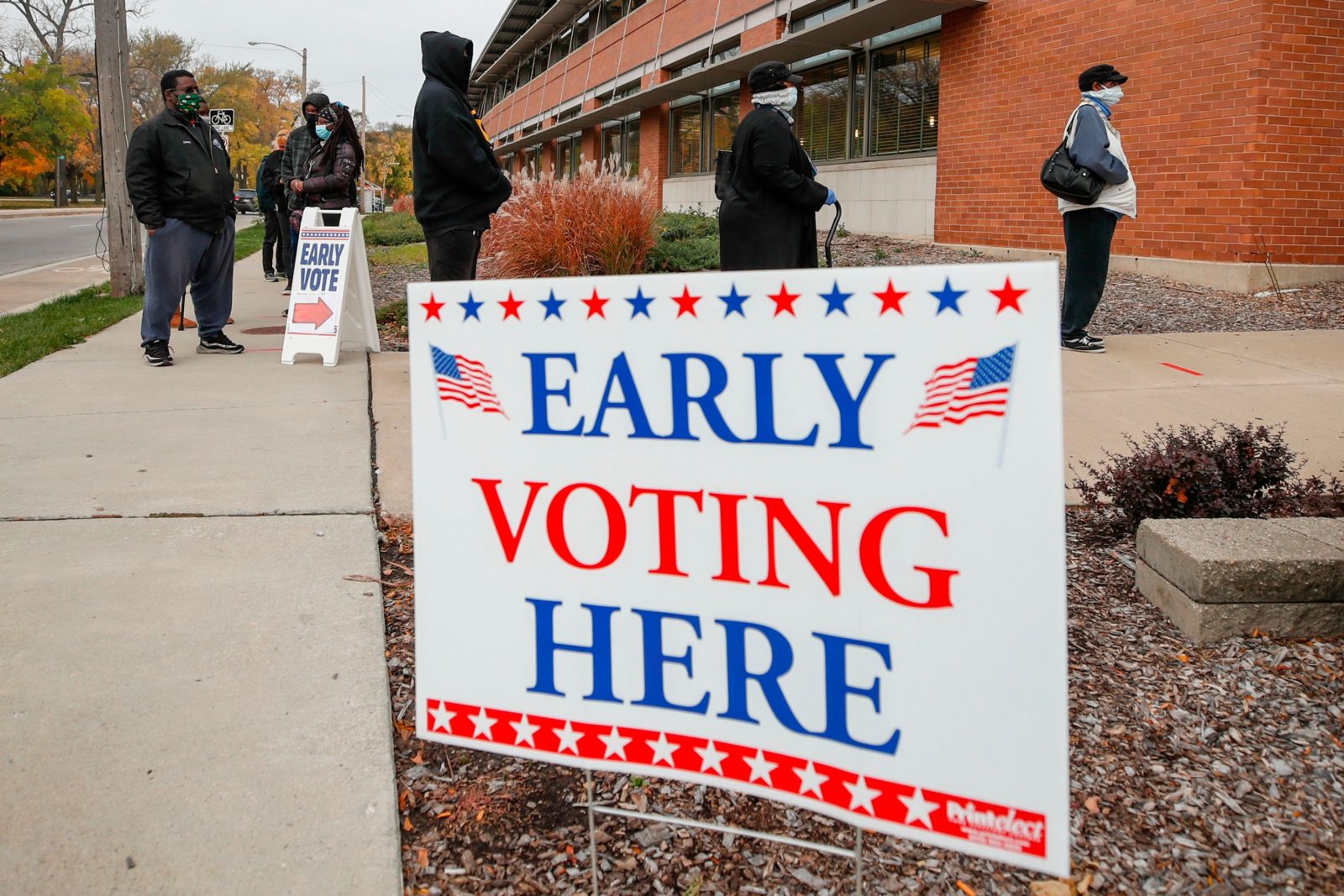Republicans who will hold a rare majority of West Virginia’s six statewide offices are already banding together to try to influence yet another Democratic governor and a GOP-controlled Legislature.
Attorney General Patrick Morrisey was the lone Republican on the six-member Board of Public Works after he was elected in 2012. That number swelled to four with GOP wins in races for secretary of state, auditor and agriculture commissioner.
All four attended a news conference at the Capitol on Wednesday to put out an early plea to Gov.-elect Jim Justice to let them help him fix West Virginia’s many problems. The Board of Public Works meets up to four times a year, and Morrisey said he’d like that to happen more frequently.
“I think that there’s a lot more that we can do if we tap into the great expertise that exists within these constitutional offices,” he said. “This is a chance to work together. We have to do everything in our power to identify fraud, waste and abuse in government. I think there’s a lot more there.”
JB McCuskey is the first Republican elected as West Virginia’s auditor since 1928. Kent Leonhardt is the first GOP-elected ag commissioner since 1988. Mac Warner ousted two-term incumbent Natalie Tennant for secretary of state Tuesday night.
Republicans also maintained their majorities in the Legislature.
Besides Justice, the only other Democrat in statewide office next year will be treasurer John Perdue, who won his sixth term.
Justice, the billionaire owner of the Greenbrier resort, will inherit as governor the challenge of addressing job losses, especially in the coal industry, and ongoing state budget shortfalls.
Morrisey said the GOP leaders have not heard from Justice since his election and they looked forward to speaking with him.
A former Republican, Justice has touted himself as a political outsider with outside-the-box ideas to create jobs without big cuts or tax hikes. But he’s offered few specifics so far and didn’t immediately return a telephone message from The Associated Press on Wednesday.
He said in his victory speech Tuesday night at the Greenbrier that “we cannot possibly cut our way out of this mess, and you can’t possibly tax our people more than they have today. We have got to grow our way out of this mess.”
He promised only to surround himself with smart people to tackle the most important issues. Comparing it to figuring out how to solve a jigsaw puzzle, he said, “if there’s anything that I would tell you that I would brag about, I’m the best there is at figuring out how to put them together and make it work.”
Some of those puzzle pieces will certainly include finding jobs and addressing the state’s budget problems.
West Virginia’s seasonally adjusted unemployment rate of 5.8 percent in September was the fifth highest in the country. Tax collections for the first three months of the state’s fiscal year were $87.4 million below estimates.
Earlier this year, a sharply divided debate over higher taxes to remedy the budget woes spilled over into a special session that cost the state about $600,000. Eventually, higher taxes were passed on cigarettes and other tobacco products.
One issue on which he agreed with Justice: “We don’t need higher taxes in the state of West Virginia,” Morrisey said.
In the state Legislature, Republicans picked up four seats in the Senate and now hold a 22-12 advantage, according to unofficial results.
Democratic incumbents who were unseated included Sen. Jack Yost of Brooke County and Sen. Bob Williams of Taylor County, while GOP incumbent Chris Walters of Putnam County lost.
The seat vacated by Democratic Sen. Herb Snyder of Jefferson County went to Republican Patricia Rucker over Democratic Del. Stephen Skinner.
Republicans also were elected to seats vacated when Senate President Bill Cole, R-Mercer, and Senate Minority Leader Jeff Kessler, D-Marshall, ran for governor, and when Sen. Bill Laird, D-Fayette, didn’t seek re-election.
In the 100-member House of Delegates, Republicans entered election night with a 64-36 majority and didn’t appear to lose more than one seat, although a few races were still too close to call Wednesday, according to unofficial results.
